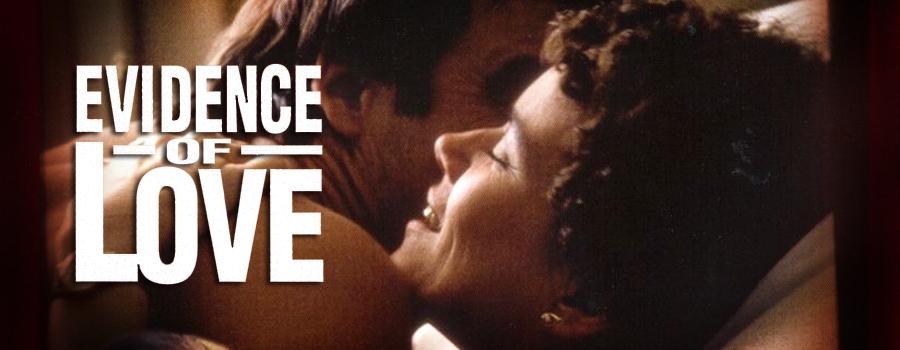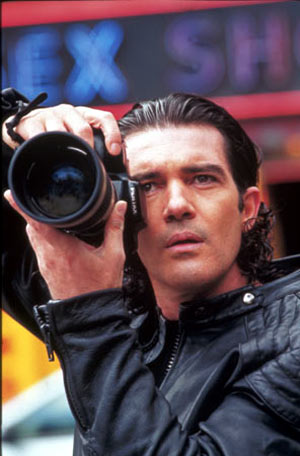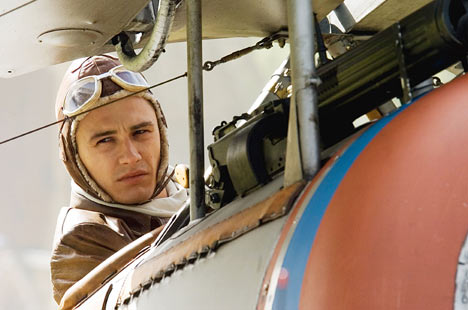High Plains Drifter (1973)
 Tuesday, October 2, 2012 at 10:15PM
Tuesday, October 2, 2012 at 10:15PM 
Directed by: Clint Eastwood
Written by: Ernest Tidyman
Starring: Clint Eastwood, Billy Curtis, Verna Bloom, Marianna Hill, Billy Curtis
As I began my cinematic symbiosis with this 1973 Western (Eastwood's second film behind the camera), I was expecting something moderately decent, oddly convinced it was a mid 80's effort in a declining genre (mixed it up with Pale Rider). However I became utterly befuddled upon the discovery that it was actually made a whole decade earlier, when Eastwood was arguably at the top of his game with classics like Dirty Harry and The Good, The Bad, and The Ugly under his belt. Upon this revelation 5 minutes into the film, I realized I might be in for an impressive surprise. 105 minutes into the film (meaning the credits were over), it was impressive, albeit nowhere near the greatness of Spaghetti Westerns and Eastwood's final Cowboy opus, Unforgiven
The eponymous drifter (again, Eastwood playing a “man with no name”) arrives in a surreal and serene coastal town. With no clear evidence of interest, save for some arguably defensive killing and unapologetic sexual assault, the drifter (how he'll be known from here on out) becomes the town's salvation as they await the return of three murderers just released from prison. To keep their hero, the townsfolk give away the key to the city, but in the process may also be giving away their souls as the drifter takes and does anything he may without any clear evidence it's for the town's own good.
Worthy of being known as a revisionist western, High Plains Drifter succeeds as an oddball standout in the genre. Right from the beginning, Eastwood strives to show a difference in his character from previous "revisionist" westerns by Sergio Leone: the protagonist is slightly dislikable. As we continue through the film however, none of these characters reveal a very positive or likable nature (save for the dwarf Malacki, played by Billy Curtis). One can't help but wonder at what the drifter intents with the changes he make throughout the town; possibly revenge, boredom, or a combination of the two. Even as we receive clues in the form of flashbacks and morality discussions, we never completely know, keeping a fresh sense of ambiguity and complication to the film making it all the more fascinating.
For sure, while beautiful yet stark symbolism populates the picture in an effort to guide and showcase possible answers, morality is clearly shown to be a gray matter. Are the townspeople really that different from the homecoming murderers? Who was truly responsible for the heinous act at the center of the story? As the film suffers from a dated soundtrack and feel, and even though it pales in comparison to other genre picks he's been involved with, Eastwood shows his skill as a storyteller not completely content with just being in front of the camera. Even with moderately dull moments containing some poor acting from a few supporting players, we are shown a fairly original piece of cinema, one that could be argued as more existentialist dark comedy than the western genre piece as touted.

Tidbit: While the studio wanted to use their back lot for the set, Eastwood opted for a real location where the town you see on screen was completely built from scratch.
Drink of Choice: I hate to do this again after High Noon, but it's gotta be whiskey. Granted, you could go with something like Buffalo Trace instead of Pendleton’s like before, but as it's showcased here, whisky must win out.
Really, a TRUE revisionist film would change the drink up; how bout giving the hero a Mojito?!
 Buzzed,
Buzzed,  Review,
Review,  Streaming Roulette,
Streaming Roulette,  Western in
Western in  Streaming Roulette
Streaming Roulette 







